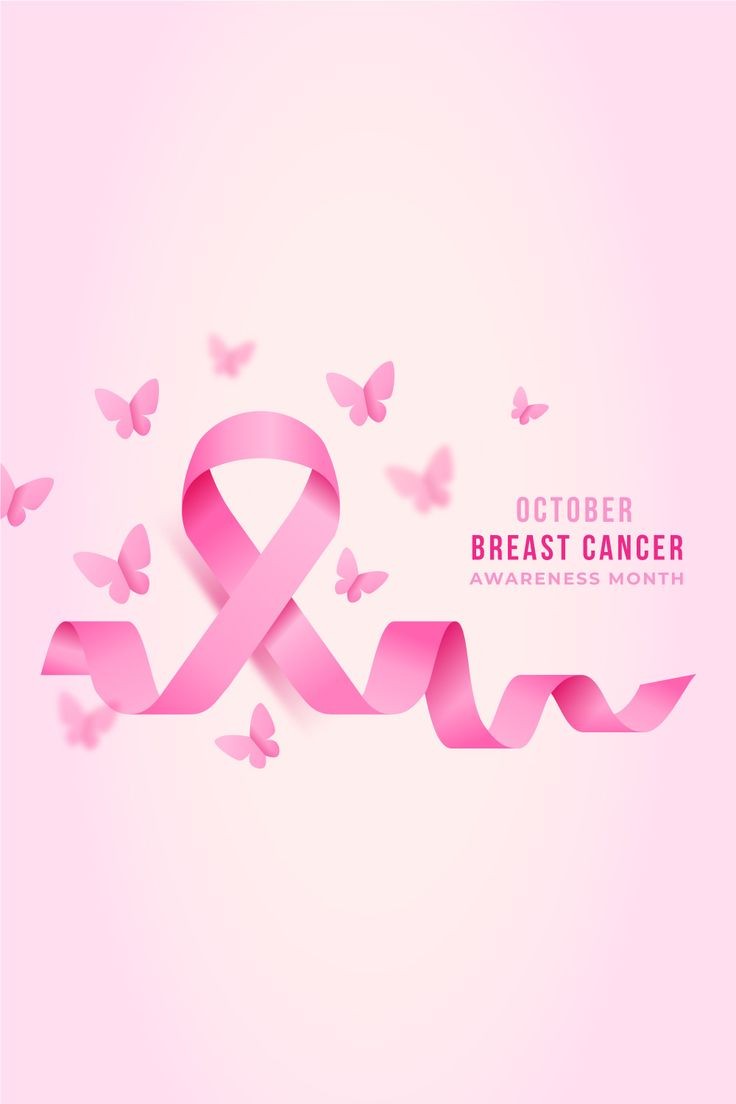Women hurt differently
Research has continued to reveal how everything from medication to killer diseases affects women differently from men. It is now becoming quite clear how important gender is when it comes to making health related decisions. Here are five disparities to be aware of when seeking treatment:
*Pain control. Studies show that doctors don’t always manage women’s pain adequately. Women have a higher pain threshold than men. If you are hurting, discuss the medication you are taking with your doctor. Certain medications work better in women than others and sometimes dosage has to be varied. Remind your doctor that you are a woman and shouldn’t be treated as a man.
*Sexually transmitted diseases (STDs). Women are twice as likely to contract an STD as men. Tissue lining the vagina is susceptible to small abrasions during sex, making it easier for STDs to be transmitted. If you have any irritation, itching or vaginal discharge coming a few days after sexual intercourse, don’t ignore it even if your partner has no symptoms. Ask the doctor to test you for STDs.
*Anesthesia.Women tend to wake up from anesthesia quicker than men, and are three times as likely to complain of being awake during surgery. If you are going in for surgery, discuss with your doctor the type of anesthesia that will be used on you. Let the doctor know of any previous experiences you may have had during surgery.
*Depression. Women may absorb serotonin differently from men or make less of this feel-good neurotransmitter. That may be one reason they are two or three times more likely to suffer from depression. Levels may change during your menstrual cycle and research suggests that dosages of medication that boost serotonin in women with depression should vary according to the time of month.
*Smoking. Women are 1.5 times as likely to develop lung cancer as men and are more vulnerable to the effects of secondhand smoke. But women who have certain lung cancer treatment actually live longer than men do.
Published in December 2013




